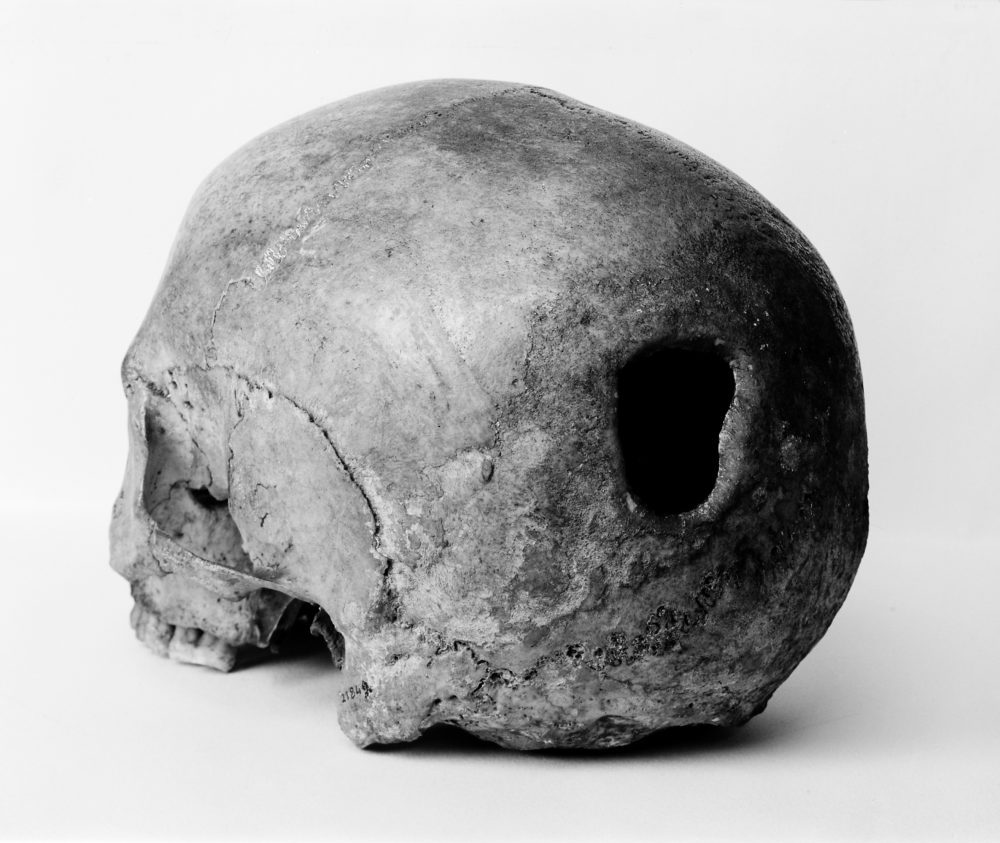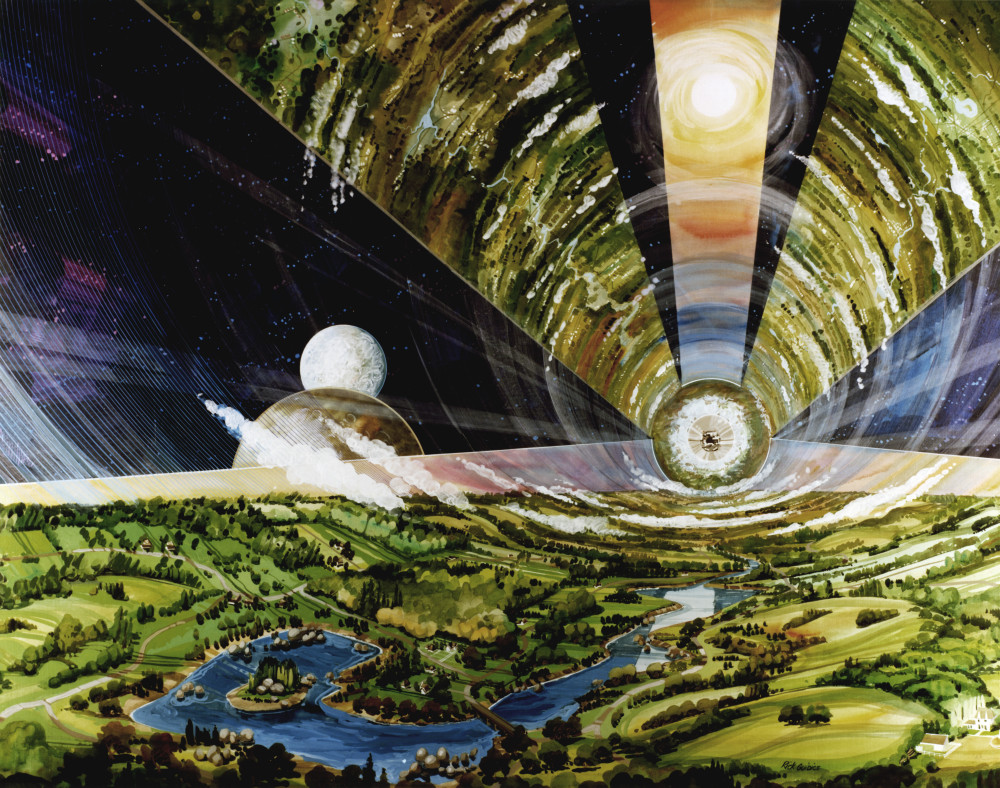Glass Bead, 2: Site 1: Logic Gate, the Politics of the Artifactual Mind (2017) [English/French]
Filed under journal | Tags: · abstraction, artificial intelligence, inhuman, logic, machine, mind, theory

“The first issue of the journal was dedicated to repositioning art in the landscape of reason. This issue is focused on the fabric of reason itself, and the ways in which it is currently altered by the emergence of artificial intelligence.
While the capacities of thought are being externalized in machines that increasingly mirror human intelligence, the question of the technical artifactuality of mind and its political ramifications becomes particularly pressing.
For us, far from being limited to the computational instantiation of intelligence, understanding the politics of these developments in artificial intelligence requires acknowledging that mind has always been artifactual.
Site 1: Logic Gate, the Politics of the Artifactual Mind proposes to explore the formal, philosophical and scientific dimensions of this question, so as to consider the role art might play in the lucid unfolding of its possibilities.”
With contributions by Danielle Macbeth, Gary Tomlinson, Matt Hare, Ben Woodard, Nina Power, Matteo Pasquinelli, Benjamin Bratton, Nora Khan, Hito Steyerl, Ian Cheng, Catarina Dutilh Novaes, Reviel Netz, Peli Grietzer, Lee Gamble, Dhanveer Singh Brar, T’ai Smith, and James Trafford.
Edited by Fabien Giraud, Jeremy Lecomte, Vincent Normand, Ida Soulard, and Inigo Wilkins
Publisher Glass Bead, November 2017
HTML, PDFs (English)
HTML, PDFs (French)
See also Issue 1
Glass Bead, 1: Site 0: Castalia, the Game of Ends and Means (2016) [English/French]
Filed under journal | Tags: · affect, art, mind, philosophy, theory

“The first issue of this journal, as well as Glass Bead’s project at large, is directed towards rethinking art as a mode of rational thought. It starts from the assumption that any claim concerning the efficacy of art—its capacity, beyond either its representational function or its affectivity, to make changes in the way we think of the world and act on it—first demands a renewed understanding of reason itself.
The site on which this issue focuses is Castalia, the fictional province imagined by Hermann Hesse in The Glass Bead Game (1943). Set in Central Europe some five hundred years in the future, Castalia hosts a peculiar society entirely dedicated to the pursuit of pure knowledge. Mobilising Castalia as an equivocal image, at once archetype of modern universalism and fortress delegitimized by its own enclosure, the aim of this issue is to revisit and transform the Castalian model for the unification of reason.
Site 0: Castalia, the game of ends and means is structured around partially overlapping charts. These charts are meant to figure specific routes drawn in the site by the contributors to this issue.”
With contributions by Peter Wolfendale, Guerino Mazzola, Andrée Ehresmann, Mathias Béjean, Ray Brassier, Gabriel Catren, Anselm Franke, Benedict Singleton, Keller Easterling, Giuseppe Longo, Martin Holbraad, Eduardo Viveiros de Castro, Tristan Garcia, Fernando Zalamea, Deneb Kozikoski Valereto, Olivia Caramello, Tarek Atoui, Linda Henderson, Freeman Dyson, Alex Williams, Holly Herndon, Mat Dryhurst, Laboria Cuboniks, and Amanda Beech.
Edited by Fabien Giraud, Jeremy Lecomte, Vincent Normand, Ida Soulard, and Inigo Wilkins
Publisher Glass Bead, February 2016
HTML, PDFs (English)
HTML, PDFs (French)
single PDF (English, 16 MB, updated on 2017-12-6)
See also Issue 2
Robert Rosen: Essays on Life Itself (1999)
Filed under book | Tags: · algorithm, anticipation, biology, causality, complex systems, complexity, environment, life, machine, mathematics, mind, philosophy of science, physics, science, semantics, systems theory, technology, theory

“In this collection of twenty-two essays, Rosen takes to task the central objective of the natural sciences, calling into question the attempt to create objectivity in a subjective world. The book opens with an exploration of the interaction between biology and physics, unpacking Schrödinger´s famous text What Is Life? and revealing the shortcomings of the notion that artificial intelligence can truly replicate life.
He also refutes the thesis that mathematical models of reality can be reflected entirely in algorithms, that is, are of a purely syntactical character. He argues that it is the noncomputable, nonformalizable nature of biology that makes organisms complex, and that these systems are generic, whereas those systems described by reductionistic reasoning are simple and rare.
An intriguing enigma links all of the essays: ‘How can science explain the unpredictable?'”
Publisher Columbia University Press, 1999
Complexity in Ecological Systems series
ISBN 023110510X, 9780231105101
x+360 pages
Reviews: Bruce J. West (Quarterly Review of Biology, 2001), Donald C. Mikulecky (c1999).
PDF (removed on 2019-10-30 upon request from Judith Rosen)
Comment (0)
